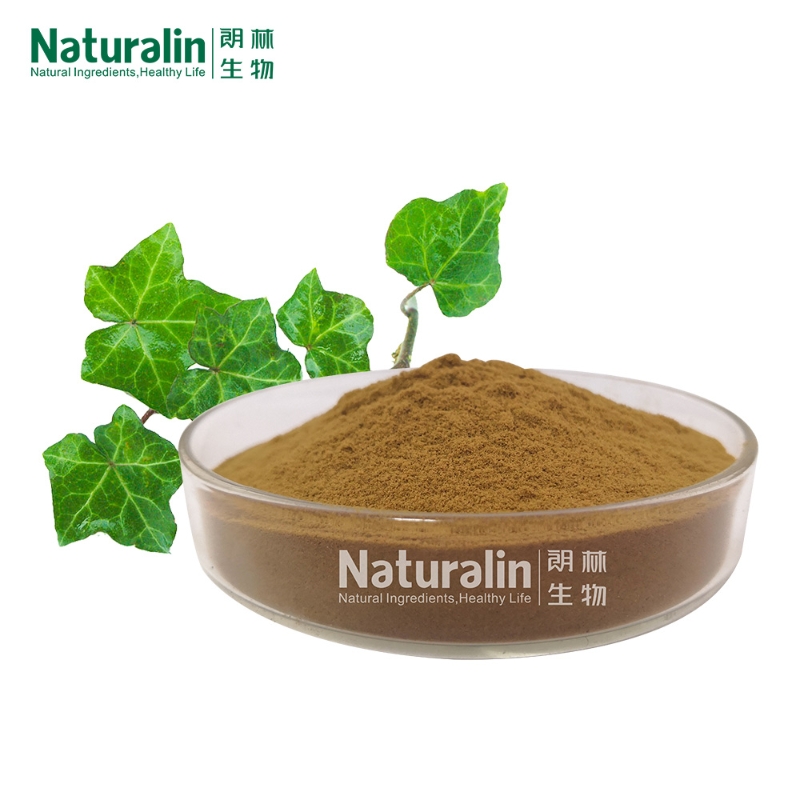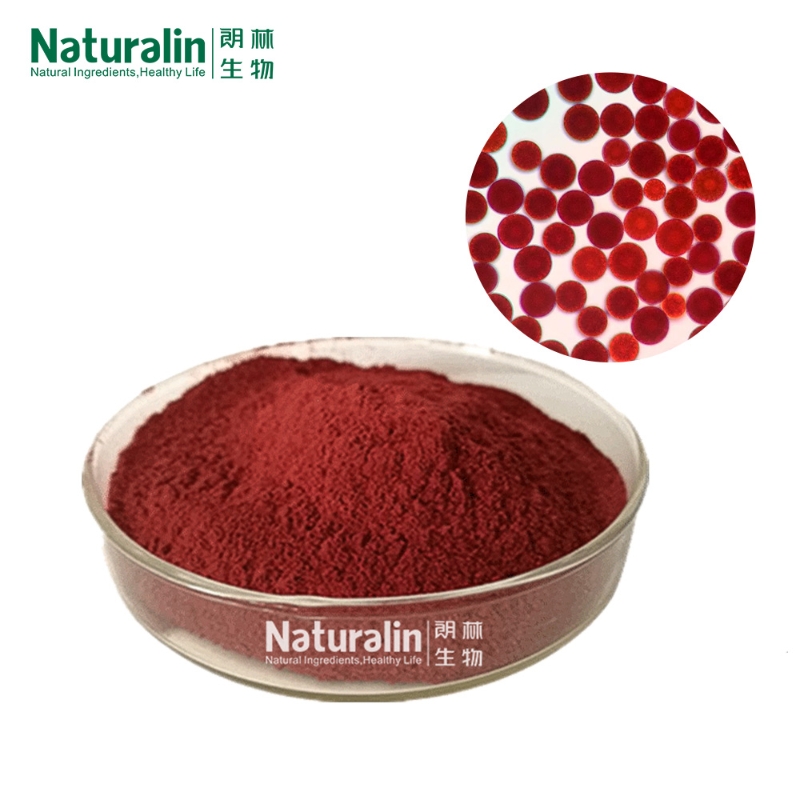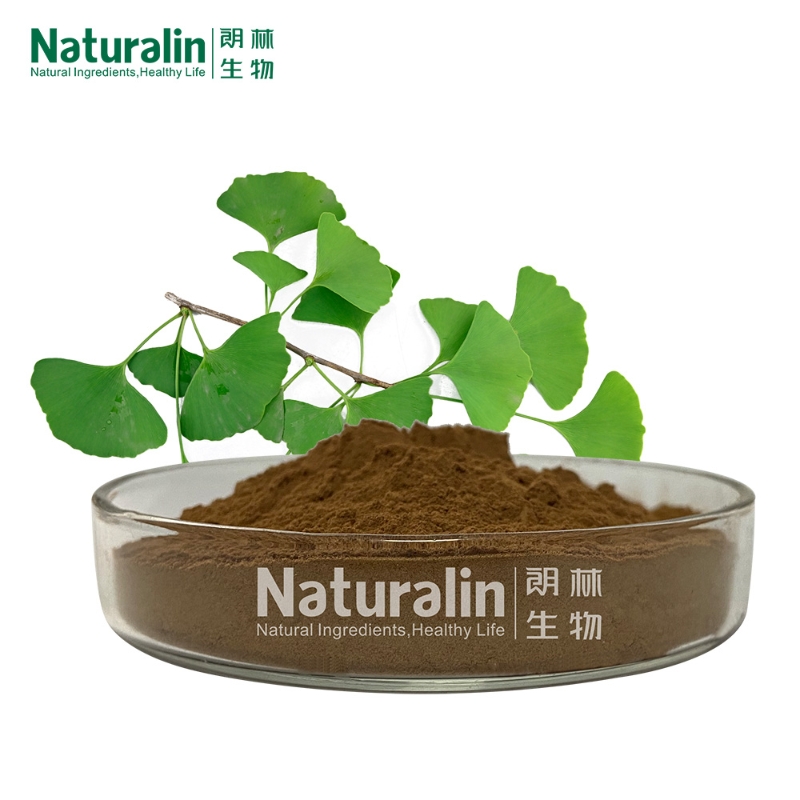Soy isoflavones may not reduce the risk of endometrial cancer
-
Last Update: 2014-08-29
-
Source: Internet
-
Author: User
Search more information of high quality chemicals, good prices and reliable suppliers, visit
www.echemi.com
People in Asia are less likely to develop endometrial cancer than people in the West A new study found that soy, a food eaten by Asian women, was not associated with the prevalence Endometrial cancer is a kind of canceration of the inner wall of uterus The new study found that Japanese women who eat a lot of soy in their food have the same risk of endometrial cancer as those who eat little soy Sangiov bougosuchi, an epidemiologist at the National Cancer Center in Tokyo, Japan, led the study Researchers know that Japanese women have a lower risk of endometrial cancer than Western women The researchers initially thought that the diet of Japanese women contained a lot of soybeans, which may prevent endometrial cancer They set out to see the authenticity of this benefit Between 1990 and 1993, 49121 women between the ages of 45 and 74 participated in a prospective study conducted by the Japanese public health center They completed a detailed questionnaire on their lifestyle, medical history and diet They specifically asked about their consumption of eight kinds of food with soy sauce These include miso soup, tofu and soy milk Their average daily intake of soy food ranged from 38.9g to 129.6g One of the main nutrients in soybeans is isoflavones, so the researchers also estimated the women's isoflavones intake Their isoflavones intake ranged from 17.7 mg to 63.2 mg per day Women were divided into three groups based on their soybean intake Five years later, women filled out a similar questionnaire about their lifestyle and food intake The researchers followed the women until the end of 2009 A total of 112 women developed endometrial cancer during the study These women had the highest consumption of soy or soy isoflavones, and they had the same risk of endometrial cancer as the women who had the lowest consumption of soy isoflavones Deborah Gordon, M.D., of the integrated medical clinic in Ashland, Oregon, said the results were not a surprise "First of all, the study itself is limited, mainly because it is based on a single data collection, only about five years before and after the occurrence of endometrial cancer, which is not common in Japan." Dr Gordon told Daily RX news "I suspect that the role of isoflavones in food, essentially an intervention hormone, needs to be personalized to predict its effect For example, based on our physiological knowledge, I may provide isoflavones or personalized hormone therapy for women at high risk of endometrial cancer " She said "When it comes to providing healthy women with soybeans, the preparation process can make a huge difference," Dr Gordon said "It's almost useless to supplement a certain group with specific nutrients, but physiological knowledge enables doctors to discuss with patients the possible reasons behind this Because the patient is the final decision maker of the personalized project " Dr Gordon said she would like to know if the patients were eating organic or genetically modified soybeans "Will genetically engineered technology or the ability of soybeans to function as the pesticide glyphosate affect the expected nutritional benefits?" she asked The authors conclude that their findings do not support the hypothesis that higher consumption of soy foods and isoflavones is associated with a lower risk of endometrial cancer in Japanese women They suggest that more research is necessary "More cases will be studied in the future and exposure variables will be evaluated more precisely" to validate these findings, they wrote The study was published online in the British Journal of Obstetrics and gynecology.
This article is an English version of an article which is originally in the Chinese language on echemi.com and is provided for information purposes only.
This website makes no representation or warranty of any kind, either expressed or implied, as to the accuracy, completeness ownership or reliability of
the article or any translations thereof. If you have any concerns or complaints relating to the article, please send an email, providing a detailed
description of the concern or complaint, to
service@echemi.com. A staff member will contact you within 5 working days. Once verified, infringing content
will be removed immediately.







